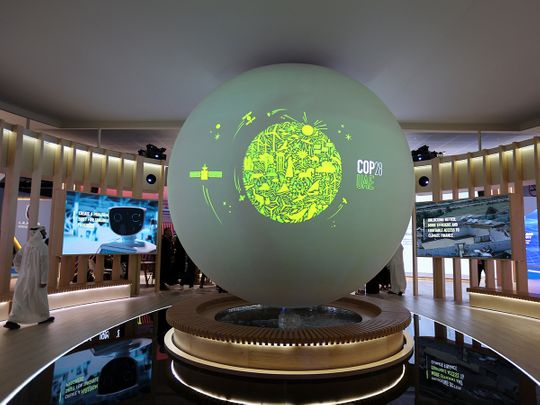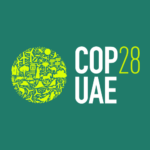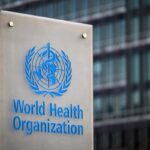Global Health Headlines: COP28 Breaks Ground with Inaugural Health Day, Climate-Linked Health Concerns, and Advances in Gene Therapy

Stay informed with the week’s top health stories, from COP28’s landmark Health Day to breakthroughs in gene therapy.
- COP28 Pioneers Health Day Amid Climate Talks:
- COP28, the climate conference, marked a historic moment with its inaugural Health Day on December 3. Over 40 million health professionals rallied behind the World Health Organization’s plea to prioritize health in climate negotiations.
- A day earlier, 123 countries signed the COP28 UAE Declaration on Climate and Health, emphasizing the severe health implications of climate change. WHO Director-General Dr Tedros Adhanom Ghebreyesus underscored the long-overdue recognition of the climate crisis as a health crisis.
- Over $700 Million Pledged to Tackle Neglected Tropical Diseases:
- The United Arab Emirates and various charities pledged over $700 million on Health Day to combat neglected tropical diseases, anticipated to surge due to the climate crisis. This funding aligns with efforts to bolster global health resilience.
- Fossil Fuel Air Pollution Linked to 5 Million Deaths Annually:
- New research reveals that fossil fuel-related air pollution contributes to a staggering 5 million deaths annually, surpassing previous estimates. Almost two-thirds of the 8.3 million global deaths from outdoor air pollution in 2019 are attributed to fossil fuel pollution.
- In Europe, nearly 400,000 deaths in 2021 are linked to fine particulate matter, nitrogen dioxide, and short-term ozone exposure, according to the European Environment Agency.
- Global Health Snapshot:
- South Korea experiences its first decline in life expectancy since 1970, attributed to COVID-19 deaths.
- The US sees an increase in life expectancy for babies born in 2022 compared to 2021.
- Early-onset dementia is found to be three times more likely in individuals from lower socioeconomic backgrounds.
- AIDS infections surge due to a human rights backlash, warns the UN AIDS programme.
- Innovations in Healthcare Technology:
- A laser camera may soon detect cardiovascular illnesses by capturing a person’s heartbeat from a distance, offering a potential non-invasive diagnostic tool.
- The UK approves a CRISPR-based gene therapy, marking a milestone in the treatment of sickle cell anaemia and beta thalassemia.
- Global Perspectives on Women’s Healthcare:
- A survey by the White Ribbon Alliance highlights the global need for a holistic approach to women’s healthcare, reflecting insights from over a million women and girls.
Stay informed with these crucial developments shaping global health, climate, and medical advancements.
Please follow and like us:




